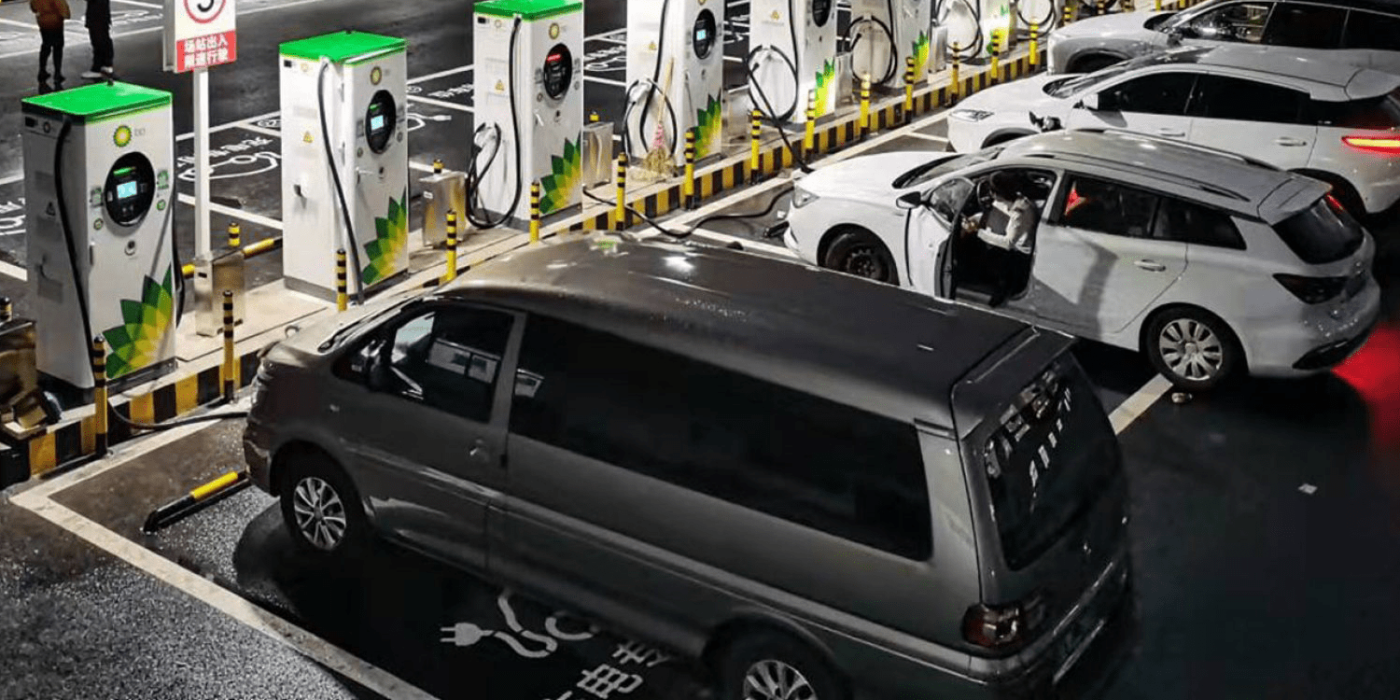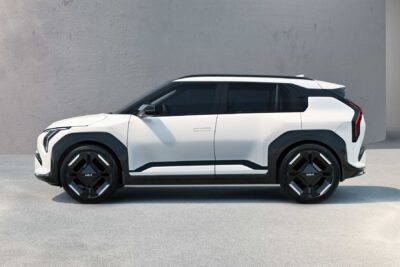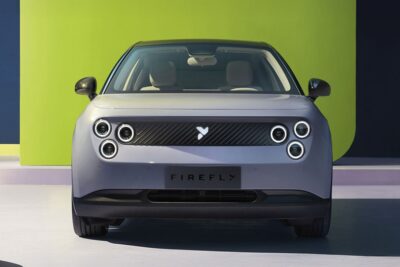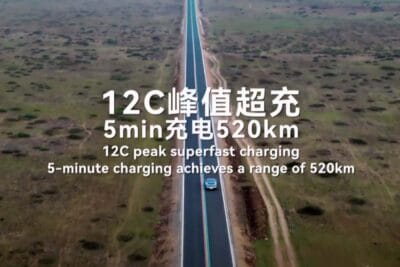China invests to speed up NEV adoption
The Chinese government has published a policy paper with measures to further boost car sales in the country, mainly focusing on New Energy Vehicles, such as electric cars and plug-in hybrids. The measures not only include financial incentives but also increasingly concern infrastructure.
Even though the individual points in the strategy paper signed by 13 ministries, including the National Development and Reform Commission (NDRC), the Ministry of Industry and Information Technology and the Ministry of Finance, are relatively generalized, they do provide a clear direction. The phase-out of internal combustion vehicles is to be accelerated and sales of electric cars and plug-in hybrids are to be supported with a number of measures. Here, electric cars include both battery-electric cars and fuel cell vehicles, although in China FCEVs play only a minor role in current passenger car sales figures, and are usually not explicitly mentioned in the monthly figures.
In addition to the already announced extension of the purchase tax exemption for New Energy Vehicles, the construction of charging infrastructure is to be accelerated and the electricity grids in rural areas are to be improved with a view to charging electric vehicles. The government also wants to provide more support for the establishment of battery exchange stations, the compatibility of which is also to be improved. Operators of charging and battery exchange stations will be encouraged to gradually reduce prices. In addition, the public sector and local governments will be urged to increase the number of New Energy Vehicles procured.
In the paper of the National Development and Reform Commission, according to Bloomberg China’s most important economic planning authority, these measures are only described in general terms. Without concrete figures, it is difficult to assess exactly how ambitious the plans are. However, since the central government aims to drive economic growth through car sales and “escape the shadow of Covid” (Bloomberg phrasing), the subsequent design of the guidelines is likely to achieve precisely these goals. While the Chinese government has now moved away from supporting individual companies and sectors, in this case the aim is to support the entire economy.
The three per cent increase in Chinese car sales in the first half of 2023 to 9.52 million vehicles was driven primarily by growth in New Energy Vehicle sales. These increased by 37 per cent compared to the same period last year, while sales of pure combustion vehicles fell by eight per cent.
The announcement of the package of measures has not yet had a clear impact on the share price of Chinese carmakers. According to Bloomberg, half of the top 20 companies rose and the other fell shortly after the midday trading break on Friday.
In battery-electric cars, a price war triggered by Tesla in January had a strong impact on the Chinese market. After the Model Y became significantly cheaper in China, other foreign and Chinese manufacturers had to follow suit with their own price cuts. However, this did not lead to the hoped-for jump in sales, but rather to further restraint as Chinese consumers prefer to wait for even better offers. As a result, the price war has rather dampened the mood on the Chinese car market, as some companies cannot keep up with the discount battle due to their cost structures and are thus potentially threatened in their existence.





0 Comments